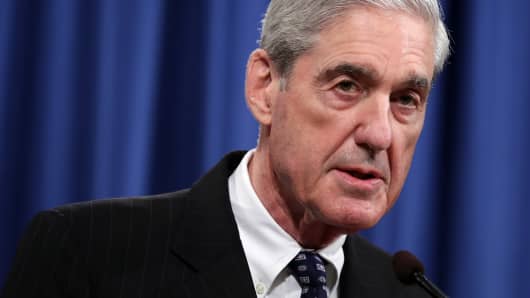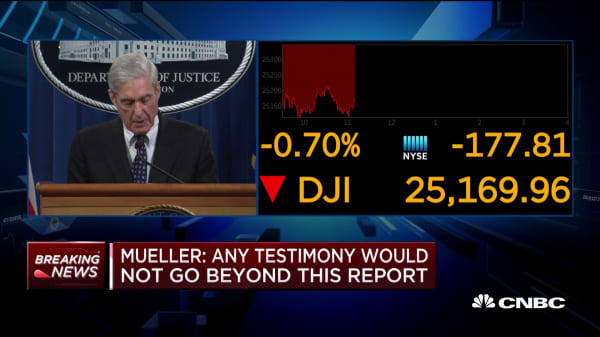The Department of Homeland Security and information-sharing organizations have done a great deal of organizing since 2016. Elections infrastructure, limited to what is owned and operated by the secretaries of state themselves (in other words, excluding political campaigns), is now under the purview of the Department of Homeland Security, with an important "critical" designation that was bestowed by outgoing President Obama in January 2017.
DHS serves as a sort of dispensary of best practices, and less as a tactical operator, however.
DHS's program is voluntary — and volunteering may depend on the politics of each state. The aid DHS provides involves more coordination than fingers-on-keyboards help from hackers or counter-intelligence professionals.
Compare that to Russia's well-oiled hacking machine, as described in the Mueller report. In fact, close your eyes and try to picture Vladimir Putin sitting at a meeting of regional representatives from across Russia discussing "best practices."
Following the departure of outgoing DHS head Kirstjen Nielsen, who staked much of her tenure on the cybersecurity problem, scattered reports have indicated cyber personnel are being asked to do work at the U.S.-Mexico border instead of elections security.
The FBI, charged with investigating accounts of interference has had its own staffing issues, with numerous departures of key personnel since 2016, coinciding with a range of scandals and frustrations at the agency. The FCC and Congress, who have been focusing Facebook and Twitter over their "roles" in hosting the misinformation and disinformation spread by Russian trolls in 2016, have been largely ineffective.
The social media companies have provided frequent updates on their progress, but realistically, their effectiveness will be limited by practical considerations of the platform and the fact that there are few well-established guidelines for how to do it right — let alone regulations.
Also, Russia or any country interested in misdirection won't do precisely the same thing again. Which is why centralized coordination is so necessary.
Near the end of his press conference, Mueller acknowledged this important reality: "I will close by reiterating the central allegation of our indictments—that there were multiple, systematic efforts to interfere in our election. That allegation deserves the attention of every American."
Determining the relevance or legality of obstruction is important. But between the gentlemanly Mueller-Barr feud, the inevitable avalanche of Trump tweets that will follow, Congress's debate over whether to attempt impeachment or question Mueller or be tougher on Barr, the severely important questions about our national cybersecurity stance go utterly unexplored and unanswered.
And so, yes, it will probably happen again.





